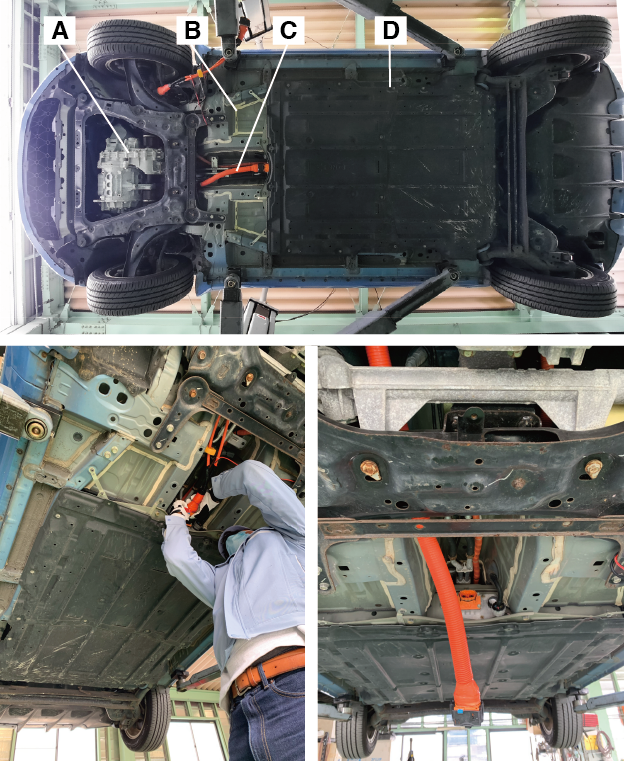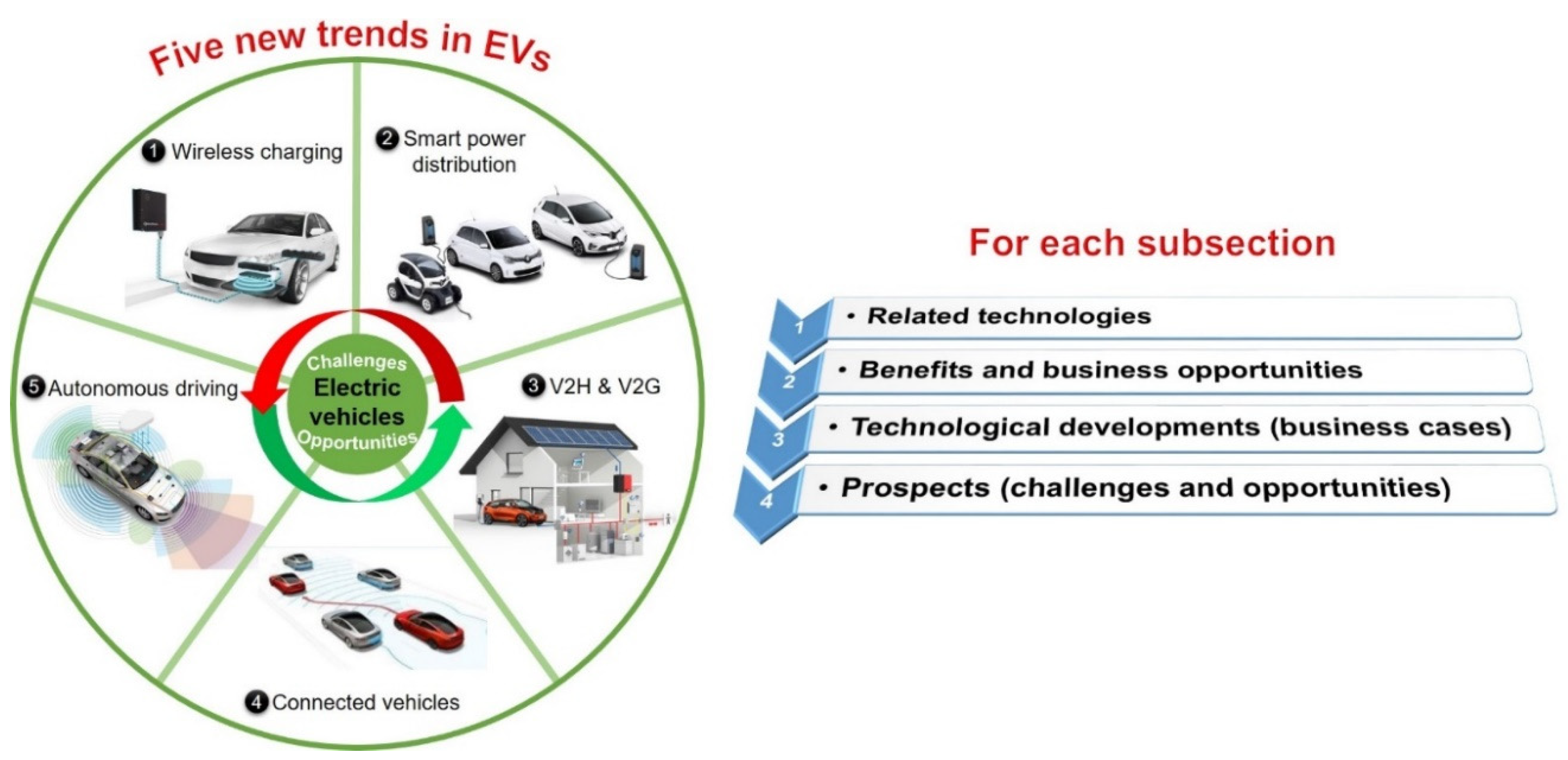Auto Dealers Double Down On Resistance To EV Sales Requirements

Table of Contents
Financial Concerns and Infrastructure Limitations
One of the primary reasons for auto dealer resistance to EV sales mandates lies in the significant financial burden associated with transitioning to an EV-centric business model. This resistance to EVs is rooted in several key financial challenges:
-
High Upfront Investment Costs: Establishing the necessary infrastructure to sell and service EVs requires substantial investment. Dealerships need to install charging stations, acquire specialized tools and equipment for EV maintenance and repair, and invest in comprehensive training programs for their staff. This represents a considerable capital expenditure that many dealerships may struggle to afford, especially smaller independent operations. The cost of EV infrastructure is a major obstacle to widespread adoption, even when considering potential government subsidies.
-
Lower Profit Margins on EV Sales: Currently, profit margins on EV sales are generally lower than those on traditional gasoline vehicles. This is partly due to the higher manufacturing costs of EVs and the intense competition in the emerging EV market. Reduced profit margins directly impact dealership profitability, making them hesitant to fully embrace EV sales mandates.
-
Concerns about Unsold Inventory: The uncertainty surrounding consumer demand for EVs fuels concerns about potential inventory problems. Dealerships worry about being stuck with unsold electric vehicles, especially if the market adoption rate doesn't meet expectations, tying up valuable capital and affecting their bottom line. This fear of unsold inventory is a major factor contributing to dealer resistance to EV sales requirements.
-
Uncertainty Regarding Government Incentives: The long-term viability of government incentives for EV purchases and infrastructure development remains uncertain. Fluctuations in government policies and funding can create instability for dealerships, making them cautious about investing heavily in EV infrastructure.
Sales Force Training and Expertise Gaps
The transition to EVs also necessitates significant changes in the skills and expertise of dealership staff. The lack of readily available trained personnel is a contributing factor to the resistance to EVs.
-
Extensive Retraining Needs: Sales staff require extensive retraining to effectively sell and promote EVs. They need to understand EV technology, features, benefits, and address consumer concerns about range anxiety and charging infrastructure. This necessitates significant investment in training programs, which many dealerships lack the resources to undertake effectively.
-
Lack of Technical Expertise: EVs have different maintenance and repair requirements compared to gasoline vehicles. Dealerships need technicians with specialized knowledge and skills to handle EV-specific repairs, diagnostics, and maintenance. The current shortage of qualified EV technicians is a significant barrier to seamless EV adoption.
-
Sales Resistance to EVs: Some salespeople may be resistant to selling EVs due to unfamiliarity with the technology or a lack of confidence in addressing customer questions. This internal resistance within the sales force can significantly hamper EV sales efforts.
-
Effective Communication Challenges: Communicating the value proposition of EVs to potential buyers remains a challenge. Overcoming misconceptions and addressing concerns about range, charging times, and initial purchase price requires effective sales strategies and training.
Consumer Demand and Market Perception
Despite increasing awareness, consumer adoption of EVs has been slower than anticipated in many markets. This slower-than-expected adoption rate contributes to auto dealer resistance to electric vehicle mandates.
-
Concerns about Consumer Demand: The relatively lower market share of EVs compared to gasoline vehicles fuels concerns about the overall consumer demand for EVs.
-
Range Anxiety and Charging Infrastructure Limitations: Range anxiety, the fear of running out of battery charge, and the limited availability of public charging stations are significant barriers to EV adoption. These limitations directly impact consumer willingness to switch to EVs, affecting sales prospects for dealerships.
-
Misconceptions about EV Performance and Value: Misconceptions about EV performance, charging times, and overall value persist among potential buyers. Effective marketing and education are crucial to address these concerns and stimulate demand.
-
The Need for More Effective Marketing and Education: Improving consumer understanding of EV benefits, addressing their concerns, and showcasing the advancements in EV technology is crucial for increasing demand.
Lobbying Efforts and Political Influence
The automotive industry wields significant political influence. This influence is playing a role in shaping the regulatory landscape surrounding EV adoption.
-
Powerful Automotive Lobbies: Powerful automotive lobbies are actively working against stricter EV sales requirements, lobbying against regulations and influencing policy decisions.
-
Political Influence Shaping Regulations: Political pressure from lobbying groups can hinder the implementation of effective EV mandates, slowing down the transition to a cleaner transportation future.
-
Concerns about Job Losses: Concerns about potential job losses in traditional automotive manufacturing segments have also been used as arguments against rapid EV adoption.
Conclusion
Auto dealer resistance to EV sales requirements is a multifaceted problem arising from financial concerns, training challenges, market perceptions, and political influences. While these concerns are understandable, this resistance poses a significant threat to the timely transition to sustainable transportation. Overcoming this resistance demands a collaborative effort involving automakers, dealers, governments, and consumers. Addressing the financial burden through incentives, investing in comprehensive training programs, educating consumers about the benefits of EVs, and creating a supportive regulatory environment are crucial steps toward a successful shift towards electric mobility. Understanding and addressing the concerns around EV sales requirements is paramount for accelerating the adoption of electric vehicles and achieving a cleaner transportation future.

Featured Posts
-
 Bmw And Porsches China Challenges A Growing Trend In The Auto Industry
Apr 22, 2025
Bmw And Porsches China Challenges A Growing Trend In The Auto Industry
Apr 22, 2025 -
 Analyzing Pope Francis Impact What The Next Conclave Will Decide
Apr 22, 2025
Analyzing Pope Francis Impact What The Next Conclave Will Decide
Apr 22, 2025 -
 Trumps Trade Policies And The Future Of Us Financial Primacy
Apr 22, 2025
Trumps Trade Policies And The Future Of Us Financial Primacy
Apr 22, 2025 -
 Trump Defends Obamacare Supreme Court Case And Rfk Jr S Political Rise
Apr 22, 2025
Trump Defends Obamacare Supreme Court Case And Rfk Jr S Political Rise
Apr 22, 2025 -
 Overcoming The Challenges Of Robotic Nike Shoe Production
Apr 22, 2025
Overcoming The Challenges Of Robotic Nike Shoe Production
Apr 22, 2025
